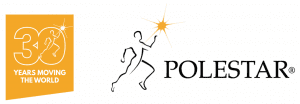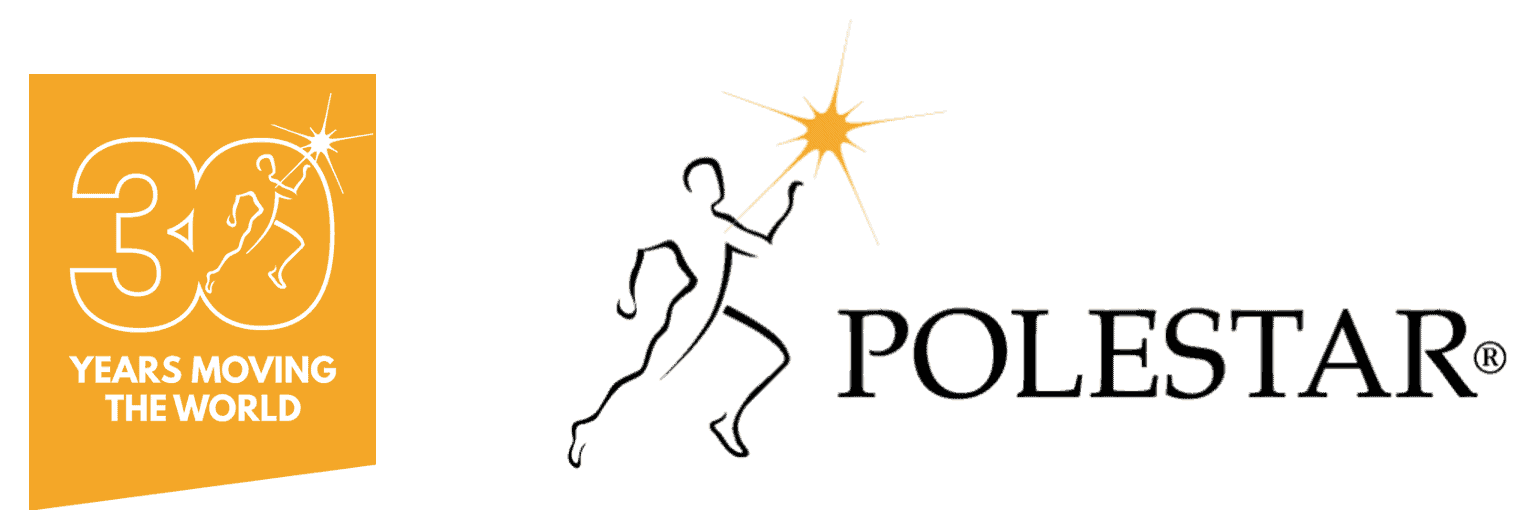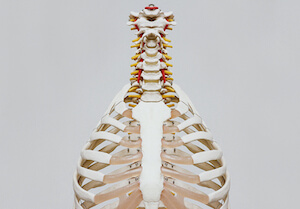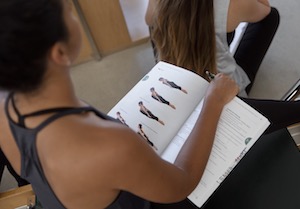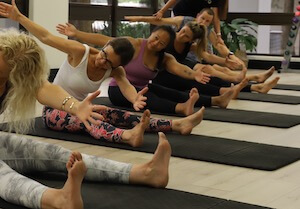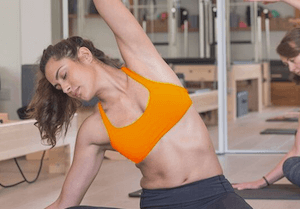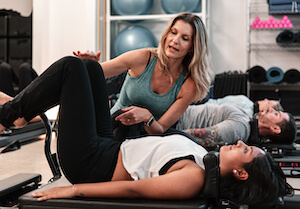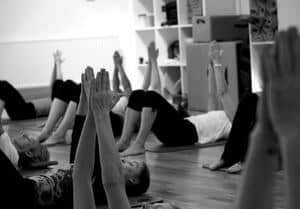Vast Array of Online Resources Included
As part of the full Comprehensive (Studio/Rehab) Series, numerous online resources are made available.
These included online resources are a great complement and tool to help students study for Polestar check-offs and exams and may serve as a resource throughout your career as a Pilates practitioner!
The resources featuring Brent Anderson and Polestar Educators Sherri Betz and Shelly Power include the following:
-
Video reference for Pilates Studio and Rehabilitation series
-
More than 300 traditional and evolved exercises
-
Online lectures of:
-
– Contra-indication
-
– Postural Assessment
-
– Sequencing
-
– Imagery
-
– Communication
-
– Bionenergetics
Online Course – SO MUCH EASIER
The Polestar Principles course (PO) is available online, which you can complete in your own time prior to continuing with Mat 1, Studio 1 or Rehab 1.
Feedback from NZ students that have used this, is that “It’s a fantastic resource, very clear and concise and fantastic to listen to Brent and his clear passion – very inspiringâ€. Other feedback included “Feeling so much more confident – really enjoying the quizzes :-)â€.
Internationally Recognised
Polestar Pilates provides the only internationally recognized certification in New Zealand. This gives students access to a worldwide community of Pilates colleagues, and means that Polestar Certification is known around the globe. Our courses are also in alliance with the international Pilates Method Association.
Scientific versus Anecdotal
The Polestar Pilates curriculum, designed by Physiotherapist and Orthopaedic Certified Specialist Brent Anderson, is based on a scientific foundation, as opposed to an anecdotal one. Drawing on his extensive background in rehabilitation and movement science, Brent Anderson has expanded on Pilates’ principles by adding manual skills, advanced body awareness, and principles from motor control theory. The Polestar Pilates method draws on the sciences of anatomy, physiology, biomechanics and motor control, and integrates scientific research findings in the areas of orthopaedics, sports medicine and movement science.
Interactive versus Authoritative
Polestar’s teaching method is interactive, as opposed to authoritative. The educational approach incorporates discussion facilitation, labs (doing, observing, teaching), problem solving (utilizing case studies and deductive reasoning), teaching practicals (group dynamics and individuals), analysis skills, and the principles of neuro-linguistic programming (modeling, sequencing and structuring information, and maintaining appropriate learning states). The Polestar Pilates method recognizes the whole person – physically, psychologically, emotionally and spiritually.
Deductive versus Prescriptive
Polestar Pilates Rehabilitation Series instructs students in the use of a Nagi-evolved classification system of disability. The Nagi model includes four classifications that aid in determining the severity of disability, and identifies the best path of care. The classifications include pathology, impairment, functional limitation, and disability. The use of this model improves the holistic implementation of Pilates to meet the individual needs of patients in an evidence based structure.
Competency versus Time & Money
Certification by Polestar Pilates is competency-based, as opposed to time and money based. Polestar accepts that some students achieve competency faster than others, and does not require that students practice with Polestar practitioners exclusively. The certification examination comprises multiple choice questions, case studies and practical demonstrations.
Flexible versus Fixed
Polestar’s curriculum is flexible, as opposed to fixed. Each series (Mat, Studio, Allegro and Rehabilitation) comprises four modules that can be undertaken as the student’s timetable and location permits.
Principles versus Repertoire
The Polestar curriculum is based on Pilates principles – not exercise repertoire alone. This enables Polestar practitioners to create exercise programs to address the needs of special populations (golfers, tennis players, dancers, etc.).
Integrated versus Isolated
Polestar’s Studio and Rehabilitation curriculum is taught within the total Pilates environment (incorporating the Reformer, Trapeze Table, Combo Chair, Ladder Barrel, Mat and small apparatus), as opposed to offering courses teaching students to use each piece of equipment in isolation. Students therefore develop an integrated and flexible approach to exercise prescription within the total environment.
International versus Local
Polestar’s curriculum is currently available in numerous countries in Europe, North and South America and Asia. As the Program is modular; the training program may be started in one location and completed in another if necessary. Polestar’s international presence also gives students access to a worldwide community of Pilates colleagues, and means that Polestar Certification is known around the globe.
There is a difference
critical reasoning skills
knowledge of apparatus
advanced communication skills
knowledge of anatomy
scientific foundation
